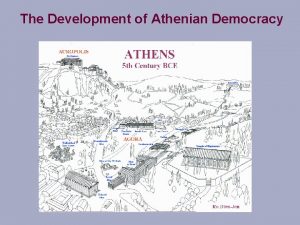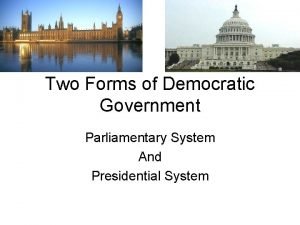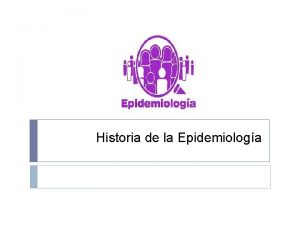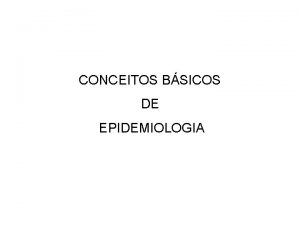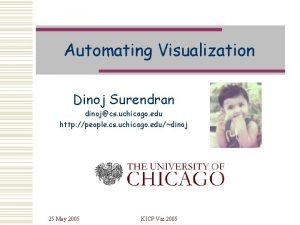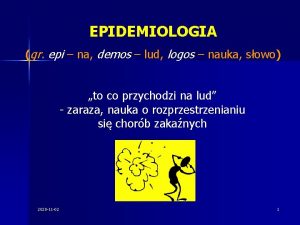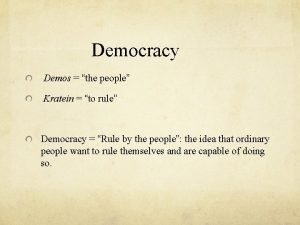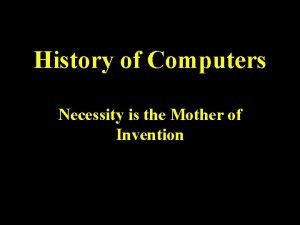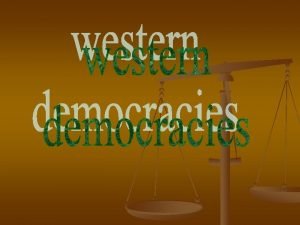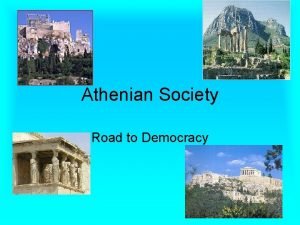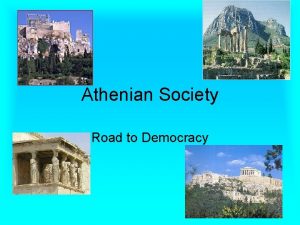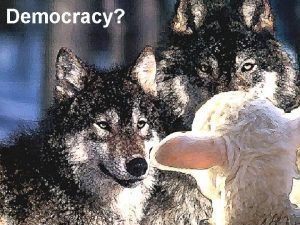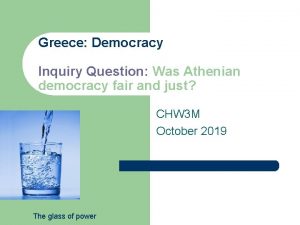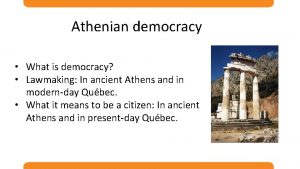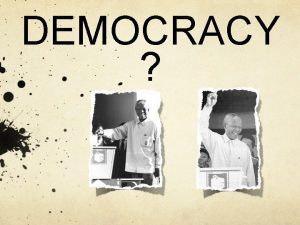Athenian Democratic Reformers Athenian Democratic Reformers Democracy Demos










- Slides: 10

Athenian Democratic Reformers

Athenian Democratic Reformers • Democracy - Demos (“people”) + kratein (“to rule”) • Developed through various reforms • The Greek Reformers & Philosophers: – 4 th century B. C. E. in Athens, great thinkers appeared. – Used logic and reason to investigate the nature of the universe, human society, and morality. – The Greeks’ respect for human intelligence and power of reason allowed the ideas of Democracy to flourish. – Human ability to reason simply means that humans can question and analyze the world around them to come up with the best decision out of a variety of possibilities. – Without faith that humans can reason, democracy can not function.

Draco

Draco • 621 B. E. C. - Athenian noble elected to lead Athenian Assembly • 1 st in series of reformers that helped transform Athens from an aristocracy (government of the rich) to a democracy…took almost 200 years! • Credited with putting down first written laws of Athens (prior – only verbal, making it difficult for all citizens to know what they could and could not do) – Severe (modern English term draconian meaning “severe” or “harsh”) – Written “in blood, not ink” – Written laws meant that judges could not show favoritism or make up laws

Solon

Solon • 594 B. C. E. – 2 nd reformer that helped transform Athens from an aristocracy to a democracy • Rewrote Draco’s laws • Helped the poor – All male citizens had right to vote – Established new, more representative assembly of citizens to make political decisions. Had 400 members chosen by lot (Lottery) – Ended debt enslavement – Canceled land mortgages – Limited amount of land a person could own • In the US, which laws or policies benefit the poor?

Clisthenes

Clisthenes • • 508 B. C. E. – Determined to establish a democracy Enlarged Athenian Assembly created by Solon Removed aristocrats from leadership positions Created Council of 500 to represent the different classes – Created and administered laws after they were approved by Assembly Officials were elected Executive power – Ten generals called strategi (singular strategus) – Elected for one year Citizenship granted to some freedmen (former slaves) and to some immigrants Ostracism – Names written on ostrakon once a year – Most votes = ten years of exile

Pericles 461 B. C. E. - Pericles came into power following the Persian Wars and continued to develop democracy in Athens. • Strengthened Greek democracy by increasing the number of paid public officials and by paying jurors. • This enabled poorer citizens to participate in government. • Through greater citizen participation, Athens evolved into a direct democracy. • This is a form of government in which citizens rule and make laws directly rather than through representatives. • The Acropolis, the center of political and religious life for Athenians…which we will tour later, and other buildings were either built or influenced by Pericles. • Oh…and he had a mistress…Aspasia

Effects of Reformers The result of the tyrants and reformers was the creation of the most democratic government in world history. All officials were chosen by lottery; the revised assembly had full and final authority of the making and execution of laws; juries were comprised of all citizens who chose to take part in the trials. By the middle of the 5 th century B. C. , Athens had developed into a direct democracy. citizens were males, 18 years old, fathers had to be citizens legislative branch passes laws executive branch carries out laws judicial branch conducts trials with paid jurors
